This interview originally appeared in April 2017.
Tom Scholz is a boss who’s hard on the boss.
Boston’s Hyper Space Tour began in April 2017, in Hollywood, Florida, just a little more than a month after Scholz’s 70th birthday. But he didn’t celebrate the momentous occasion. “I did have a birthday,” Scholz says, “but I barely noticed it. We were trying to get a new special effects [system] up and running. I had a bunch of people in town and I was involved in building the key pieces to it and got a little behind on one and didn’t quite get it done. So, I basically worked like a dog on my birthday and didn’t get any sleep. I actually had to ask somebody whether it was Saturday or Sunday. I thought I still had one more day. I hate it when that happens.”
Scholz, it sometimes seems, has always been working at a feverish pace. You probably know some of the convoluted Boston backstory: Scholz, who studied classical piano as kid in Toledo, Ohio, began writing songs in 1969 while working on a degree at MIT. He earned both a Bachelor’s and Master’s and went on to work at Polaroid as a senior product design engineer, all while crafting and refining songs that would become the eponymous debut Boston album.
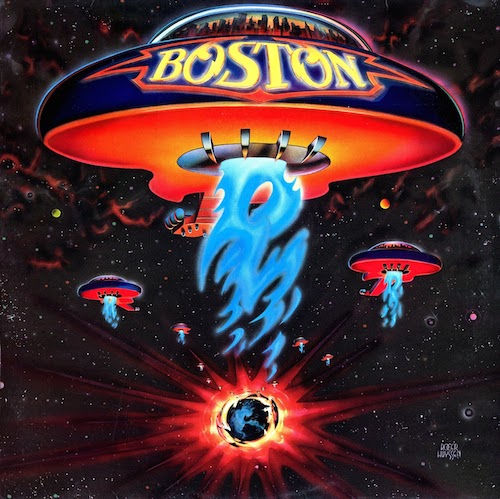 Boston hit the airwaves in 1976 with a sound that had both a lively freshness—the soaring vocals, the harmonies, the layers, the guitar parts!—and a classic rock backbone.
Boston hit the airwaves in 1976 with a sound that had both a lively freshness—the soaring vocals, the harmonies, the layers, the guitar parts!—and a classic rock backbone.
But Boston the band was not part of Boston the rock scene. They arrived virtually unannounced and made one of the biggest splashes in rock history, their debut selling (to date) around 17 million copies, with “More Than a Feeling” ruling the FM and AM airwaves of 1976 and 1977. It was the best-selling debut of all time, until Guns N’ Roses’ Appetite for Destruction knocked it down a notch in 1987.
Boston was not, though, as their song “Rock & Roll Band” proclaimed, “Just another band out of Boston/On the road and tryin’ to make ends meet/Playin’ all the bars, sleepin’ in our cars/ And we practiced right on out in the street.” Scholz later admitted that that song was a bit of “self-mythology.”
Fans learned that Scholz, born March 10, 1947, was the guitarist/mastermind and that the vocalist with the soaring rock star range was Brad Delp. While Delp penned the final track, “Let Me Take You Home Tonight,” Scholz wrote (and played most of the instruments) on everything else.
In fact, it’s fair to say most every non-percussive instrument heard on a Boston album was played by Scholz. Sib Hashian—who died March 22, 2017—recorded drum tracks for all the songs on Boston except “Rock & Roll Band,” which were recorded by Jim Masdea. When Epic Records signed Scholz and Delp, they demanded that Masdea be left out of the mix. (Masdea was brought back to record Third Stage in 1986.)
On the second album, 1978’s Don’t Look Back, Hashian recorded drum tracks for all of the songs. Scholz expressed his dissatisfaction with Hashian’s playing, noting that he had to employ some challenging dub work on the drum tracks to “make them passable,” including more than 60 splices on Don’t Look Back to get the sound to his liking.
The band that went on tour the first time was Scholz and Delp plus guitarist Barry Goodreau, bassist Fran Sheehan and Hashian. It’s what early fans of the band consider the “classic” lineup. Over the course of time, Boston has had, according to Wikipedia, 13 former members, including singers Fran Cosmo and Stryper’s Michael Sweet.
Delp, the most famous ex-member, committed suicide in 2007 at age 55.
Lawsuits? There have been a few. CBS filed a $60 million suit against Scholz in 1983 alleging breach of the 1976 contract for failure to deliver albums in a timely fashion. Ultimately, the case went to trial and Scholz prevailed, incurring legal fees in excess of $3 million while dealing with CBS’ decision to cut off royalty payments from the first two Boston albums. Scholz eventually moved Boston over to the MCA Records label but not before then-CBS president Walter Yetnikoff convinced Sheehan and Hashian to side with CBS in the litigation. Goodreau had already left the fold to record a solo album on CBS and, subsequently, form Orion the Hunter.
Sheehan and Hashian testified to help the CBS case, thereby embittering Scholz, who’d brought them into the Boston performing act, not to be confused with Boston, the original founding recording act comprising Scholz and Delp.
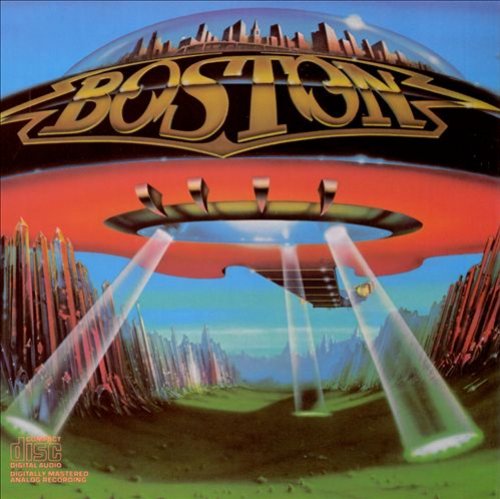 Of his contractual battles, Scholz says, “My first thought when I started to have some success—and I never really expected it—was, ‘Wow, it was really hard to do.’ It was years and years of work and a huge, huge risk. I was almost 30 before I finally got my shot and it worked.”
Of his contractual battles, Scholz says, “My first thought when I started to have some success—and I never really expected it—was, ‘Wow, it was really hard to do.’ It was years and years of work and a huge, huge risk. I was almost 30 before I finally got my shot and it worked.”
Scholz, for good reason, had a feeling of elation, thinking that the hardest mountain had been climbed and things were good. “That wasn’t true at all,” he says. “Once you get there, especially in the music business, you spend the rest of your life protecting it from all the people who are either going to try and exploit it, take advantage of it, take it from you…the list of unfortunate artists who never got to enjoy the rewards of their work is endless.
“I got to that point and I realized what I was going to be up against. There were two choices. One was get out and the other was fight. I hit a corner somewhere after I’d been in it for about five years and I said, ‘No, I’m not walking away from this. I worked very hard to get here and nobody’s going to take it from me.’”
2017’s Boston lineup (in concert) includes guitarist-multi-instrumentalist Scholz and guitarist Gary Pihl (joined in 1985), bassist Tracy Ferrie, (joined in 2012), drummer Curly Smith (joined in 1994), drummer Jeff Neal (joined in 2002), keyboardist-guitarist Beth Cohen (joined in 2015) and lead singer-keyboardist Tommy De Carlo (joined in 2008.)
Best Classic Bands spoke with Scholz a couple of weeks prior to the launch of the Hyper Space Tour.
In many minds there’s always been confusion about Boston the band and Tom Scholz the individual who leads the entity known as Boston. Do you look at it as a band or as you plus other people?
Tom Scholz: It’s always been the same thing. The recordings are basically me writing a bunch of songs and recording the instruments and Brad Delp overdubbing the vocals. Now, there have been numerous other singers that have contributed over the years. He wasn’t on all the albums, but basically that’s what a Boston recording was. The live band was essentially collecting people that could perform these tunes live with just a few pieces and it’s a tall order because, as you know, there are a crapload of overdubbed tracks on Boston albums. There have been a lot of different combinations over the years. Finally, in the last 10 or 15 years, I’ve got all of it figured out. We do it with six pieces, and very reliably. I listen to these performers that are in my band and think, “My god, how did they get so good at it?” Not only can they play really well, just about anything, they can sing like a bird while they’re doing it and I’m in awe half the time.
Are there some special stage effects for this tour?
Yes, there is some new stuff that I’m cooking up for this summer’s tour. This is the Hyper Space tour, after all.
Any spaceships involved?
There’s always some things flying around. As we have for many years—and we will do it again this year—we will treat the audience to a trip inside the spaceship and that’s a great deal of fun. I know when it’s coming up on the big panoramic screen.
Everyone knows you’re very meticulous about the recording process.
And I’m even worse about the lights.
Watch Boston perform a favorite during the 2017 tour
Not that there has to be spontaneity per se but…
There are two things that we have to do on stage: One is we have to make sure the audience hears all the things they expect to hear: the [vocal] harmonies, the harmony guitar parts and all the intricate stuff they’re used to. But there’s lots of space for people to do their own thing either in between or added into the arrangements. And I always have to do a lot of writing each year for new segues and breaks in between so we’re not repeating ourselves. In those, there’s always spots for people to excel at what they do. And I get to share the stage with what they do. It’s awesome to watch. I listen to the house mix on stage, in ears, in stereo, high quality things so I have the primo sound that’s coming off the stage. I sometimes find myself listening to what the band is doing and then I realize that I forgot my part was coming.
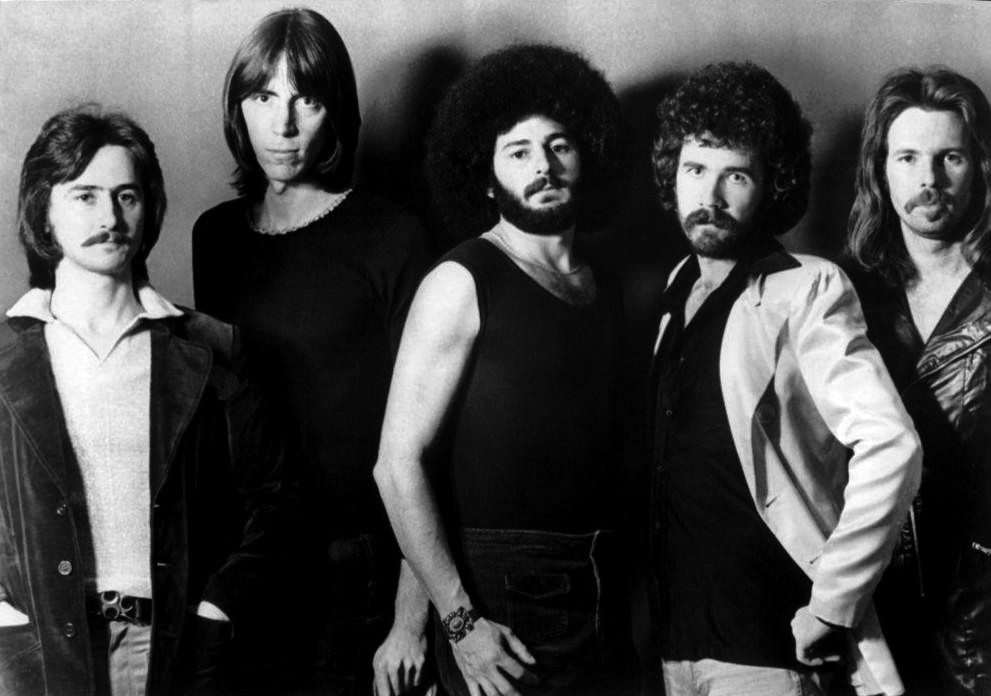
Boston, in a 1977 promo photo. From left: Barry Goudreau, Tom Scholz, Sib Hashian, Brad Delp, Fran Sheehan
Ah, so there’s a bit of a human element in there. How long a show are you doing?
About two hours. We’ve had tours where we’ve played more than that and I think there’s a delicate balance between giving the audience what they want and wearing yourselves to a frazzle. We’ll do four or five shows in a row and you have to pace yourself. Two hours seems to be a good space; we can get a lot of the material that people want to hear and the different stuff they will never hear anywhere else and nobody’s bored at the end of two hours. That’s the idea.
Related: Our Album Rewind of Boston’s classic debut LP
In the past, bands toured as an album was about to come out or had just come out, but of course that equation has shifted.
It used to be that way for me, too. The ironic thing is the only reason I got into writing and then recording was because, basically, I just wanted to be a guitar player in a band. That was my goal. Eventually, I realized the only way that was going to happen was if I had a song on the radio someplace. And then I realized the only way that would happen was if I wrote the songs. And to get a recording of it I eventually found out I would have to make that recording. So, I ended up, as you mentioned, spending years and years working on an album that might be 35 to 45 minutes long. Then, we went out on tour for a few months and then it was back at it again.
You spend so much time in the studio.
Studio work, although rewarding, is a pretty harsh assignment, especially when you work alone like I do. It’s long, tedious and you never know if you’re going in a good or bad direction. There’s no feedback, there’s no satisfaction except listening to what you’re doing and enjoying your own music. But you don’t have any idea if you have something that would be considered worthwhile by other people who are interested in the band. Playing live was my whole objective and somehow this ridiculous business has turned completely on its head, and while the record business went completely down the drain, playing live has never been better. So, I don’t have to [record] anymore. I’m thrilled!
Are there any new unrecorded songs you’ll be playing live?
We don’t play any complete songs that are unrecorded, but we do play a lot of music that is not recorded—some instrumental stuff, some stuff that has vocals in them that usually appear as segues between songs or a version will be in the middle of an arrangement. Luckily, we have lots of latitude.
Let me follow up here: Given the new paradigm, do you expect to put out a new album at some point?
Who knows? I’m only 70. I figure I’ve got 30 years.
Related: In Part 2, Scholz discusses his influences, Brad Delp, and much more
Watch the official live video for “Don’t Look Back”
- Interview: Ringo Starr’s Drum Beat Can’t Be Beat - 07/06/2025
- 10 Songs That Defined New Wave Music - 07/01/2025
- Mark Farner Interview: Grand Funk Railroad’s Legacy - 06/05/2025

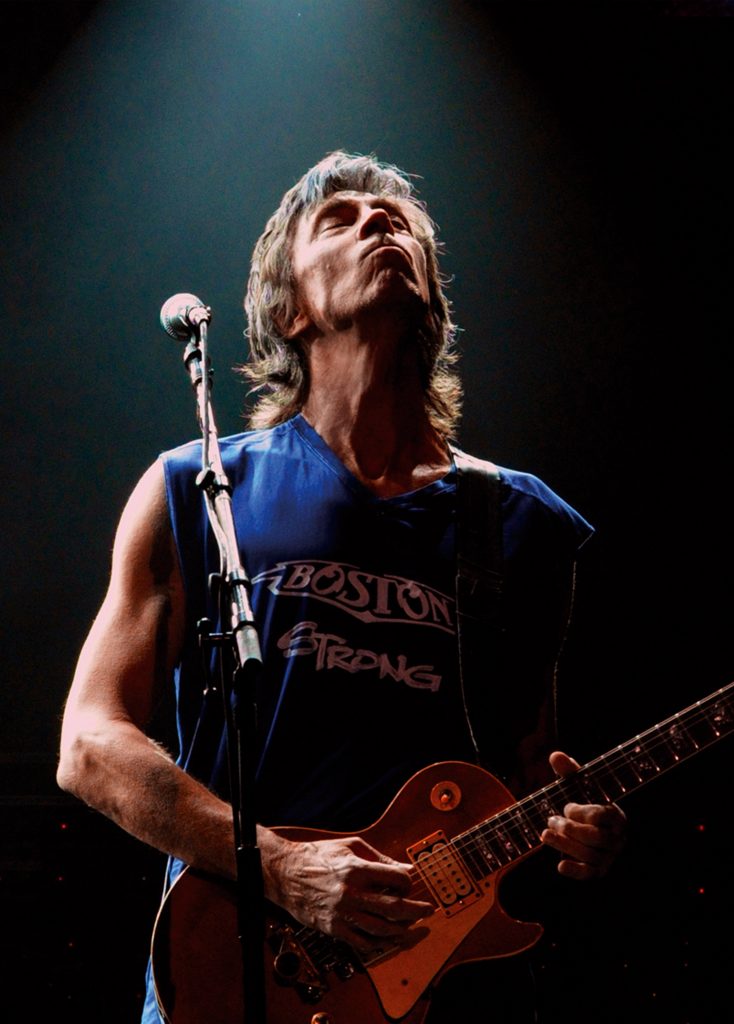
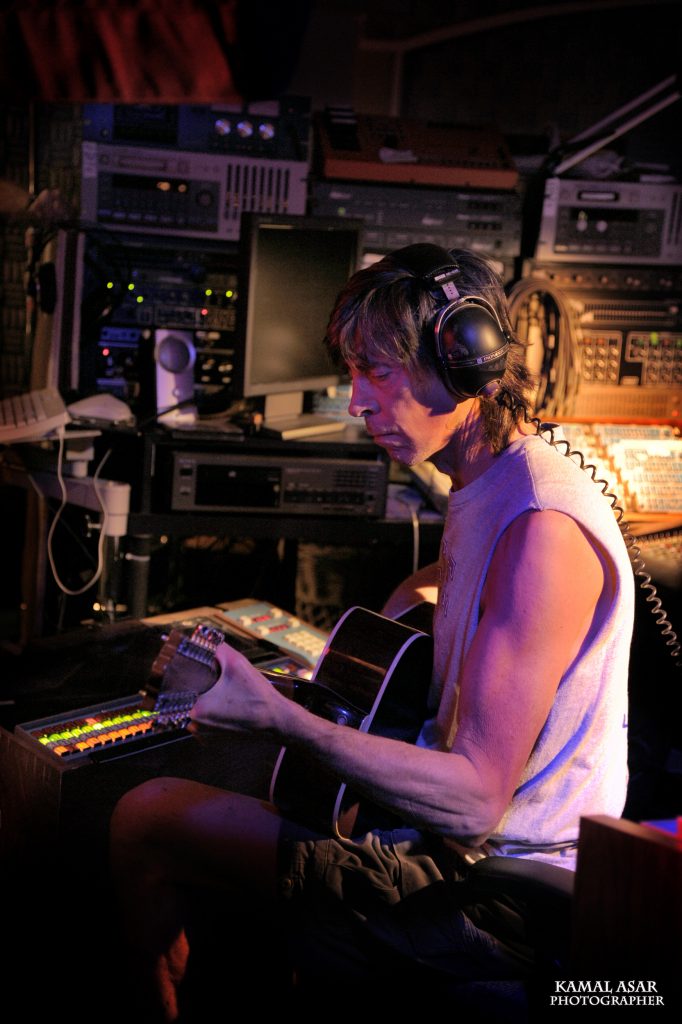
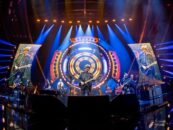
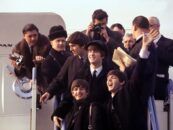
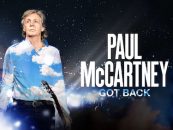
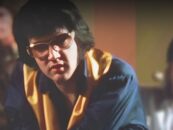

No Comments so far
Jump into a conversationNo Comments Yet!
You can be the one to start a conversation.